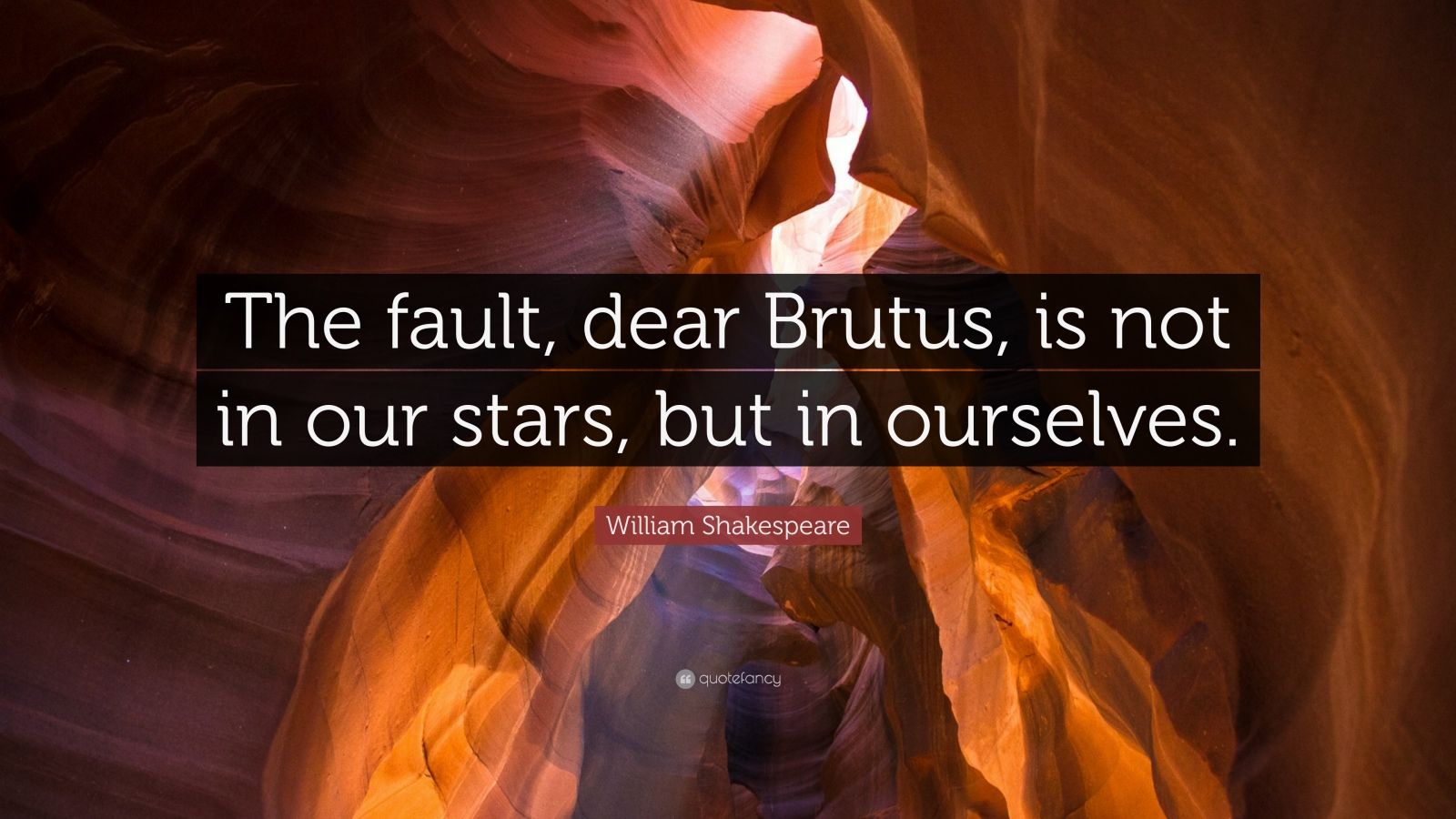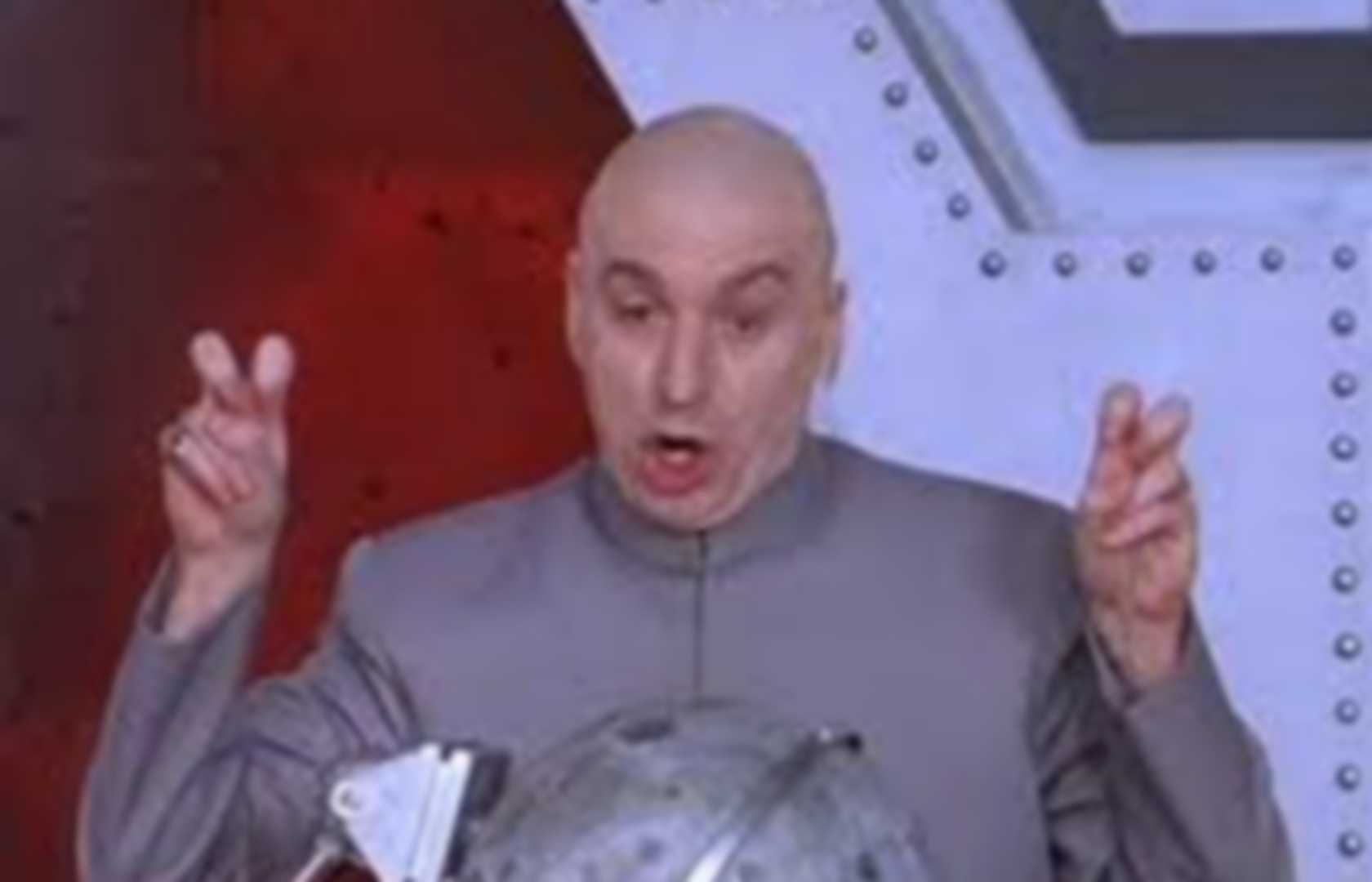‘Stupid, stupid, stupid!’: Great eviscerates star over brainfade as – “Stupid, stupid, stupid!: Great eviscerates star over brainfade as”—this bizarre phrase immediately grabs attention. Its raw emotion, the jarring juxtaposition of “great” and “eviscerates,” and the mysterious “brainfade” create a potent cocktail of confusion and intrigue. We’ll dissect this linguistic oddity, exploring its potential meanings, analyzing its rhetorical devices, and imagining its visual representation. Get ready to unravel the mystery behind this striking statement.
Okay, so “Stupid, stupid, stupid!” – that headline’s a total grabber, right? It makes you curious. But then you see Is Dua Lipa Engaged to Callum Turner? A New Pics Are Making Her , and suddenly you’re wondering if that initial headline was clickbait. Anyway, back to the original point: sometimes sensational titles just distract from the actual news.
“Stupid, stupid, stupid!” – definitely memorable, but maybe not the best journalistic approach.
The repeated “stupid” emphasizes frustration and self-reproach, while “brainfade” suggests a mental lapse or failure. The core of the phrase, “Great eviscerates star,” presents a powerful, almost violent image: a brilliant star being gutted. This stark contrast highlights the dramatic nature of whatever failure or disappointment the phrase describes. We’ll explore how context significantly shapes its interpretation, from a sports commentary to a personal expression of intense frustration.
Stupid, Stupid, Stupid! Great Eviscerates Star Over Brainfade As: A Linguistic Deconstruction: ‘Stupid, Stupid, Stupid!’: Great Eviscerates Star Over Brainfade As

The phrase “Stupid, stupid, stupid! Great eviscerates star over brainfade as” immediately grabs attention with its jarring combination of frustration, hyperbolic imagery, and unexpected vocabulary. This analysis will dissect the phrase, exploring its emotional impact, metaphorical meaning, contextual applications, and underlying linguistic devices.
Initial Reaction & Emotional Impact
The immediate emotional response to the phrase is one of intense frustration and disappointment. The repetitive “Stupid, stupid, stupid!” amplifies the feeling of anger and self-reproach, highlighting the speaker’s profound sense of failure. The repetition itself creates a sense of escalating frustration, building the intensity of the emotion. “Brainfade,” referring to a temporary lapse in memory or cognitive function, contributes to the overall sentiment of failure by suggesting a cause for the disappointing outcome.
The phrase paints a picture of someone who had high hopes (“Great star”) that were utterly destroyed (“eviscerates”) due to a momentary lapse in judgment or concentration.
Deconstructing the Phrase: “Great Eviscerates Star”, ‘Stupid, stupid, stupid!’: Great eviscerates star over brainfade as

The metaphor “Great eviscerates star” presents a powerful visual. A “great star,” typically symbolizing success, achievement, or brilliance, is violently “eviscerated,” meaning its insides are ripped out, implying utter destruction and a complete loss of its former glory. The juxtaposition of “Great” and “eviscerates” is ironic and emphasizes the magnitude of the failure. The initial expectation of greatness is cruelly contrasted with the brutal reality of its demise.
Similar phrases that capture a similar dramatic downfall could include “from hero to zero,” “a spectacular crash,” or “a fall from grace.”
Contextual Analysis & Potential Interpretations

This phrase could be used in various contexts. In sports commentary, it might describe an athlete’s catastrophic error in a crucial moment. In a personal context, it could express profound self-disappointment after a missed opportunity or a significant failure. In artistic expression, it might convey the frustration of a creative project collapsing due to unforeseen circumstances.
Consider this short narrative: A renowned chef, known for his innovative dishes, was preparing for a prestigious culinary competition. He meticulously planned his masterpiece, envisioning it as his “great star.” However, a sudden “brainfade” during the final stages of preparation led to a crucial ingredient being omitted, resulting in a culinary disaster. His devastated reaction: “Stupid, stupid, stupid! Great eviscerates star over brainfade as.”
The impact of the phrase differs significantly between formal and informal settings. In a formal context, its bluntness and intensity would be jarring and inappropriate. In an informal setting among close friends, however, it could be used to express intense frustration and self-deprecation humorously.
Linguistic and Rhetorical Devices
The phrase employs several rhetorical devices. The repetition of “Stupid” is a form of epizeuxis, emphasizing the speaker’s self-criticism. The metaphor “Great eviscerates star” is a powerful example of hyperbole, exaggerating the scale of the failure. The exclamation mark intensifies the emotional impact, conveying the speaker’s raw frustration and disbelief.
| Interpretation | Context | Emotional Tone | Rhetorical Devices Used |
|---|---|---|---|
| Self-reproach over a significant failure | Personal setback | Frustration, disappointment, self-blame | Repetition (epizeuxis), hyperbole, exclamation |
| Commentary on a catastrophic event | Sports, business, politics | Shock, disbelief, dramatic irony | Metaphor, hyperbole, exclamation |
| Artistic expression of creative destruction | Literature, visual arts | Intense emotion, self-reflection | Metaphor, juxtaposition, exclamation |
| Humorous self-deprecation | Informal conversation | Lighthearted frustration, self-mockery | Hyperbole, ironic understatement |
Visual Representation

A visual representation could depict a vibrant, radiant star, initially full of light and promise, being violently torn apart, its brilliant core exposed and shattered. The color palette could shift from bright, golden hues to dark, muted tones, reflecting the transition from hope to despair. The composition could emphasize the contrast between the initial grandeur and the final destruction, perhaps with swirling dark clouds or jagged edges representing the “brainfade” that caused the downfall.
The overall mood would be one of dramatic loss and intense emotional turmoil. Alternative visual representations could include a shattered trophy, a deflated balloon, or a wilting flower, all symbolizing the collapse of something once great.
Final Review
Ultimately, “Stupid, stupid, stupid!: Great eviscerates star over brainfade as” transcends its seemingly nonsensical nature. Its power lies in its evocative imagery and emotional intensity. The phrase’s effectiveness stems from its unexpected combination of words, creating a memorable and impactful statement that resonates with feelings of profound disappointment and self-criticism. Whether used ironically or sincerely, it leaves a lasting impression, prompting reflection on the nature of failure and the language we use to express it.
Top FAQs
What are some alternative phrases that convey a similar feeling?
Okay, so “Stupid, stupid, stupid!”: Great eviscerates star over brainfade as – that’s a pretty dramatic headline, right? It makes you wonder what kind of intense TV moment caused such a reaction. Check out this article about a similar situation, BBC Beyond Paradise fans say the same thing minutes into the show, to see how audience reactions can be equally strong, even if the context is different.
Then, consider how these intense fan responses highlight the power of good storytelling, regardless of the specific plot points in “Stupid, stupid, stupid!”.
Phrases like “epic fail,” “utter disaster,” or “a spectacular implosion” capture similar senses of dramatic failure.
Okay, so “Stupid, stupid, stupid!” – that’s how some might describe a major blunder. But sometimes a team needs a fresh start, like the Detroit Tigers who just added some infield depth by signing Torres – check out the details here: Tigers add Torres to infield mix on 1-year deal. Maybe this move will prevent future “brainfade” moments and keep them out of the “stupid” category.
Could this phrase be used positively, perhaps ironically?
Yes, the stark contrast and absurdity could make it a darkly humorous way to describe a significant, albeit self-inflicted, setback.
What kind of visual would best represent “brainfade”?
A hazy, washed-out image, perhaps a dimming star or a mind represented by a swirling vortex of indistinct shapes, could effectively convey the concept of “brainfade”.